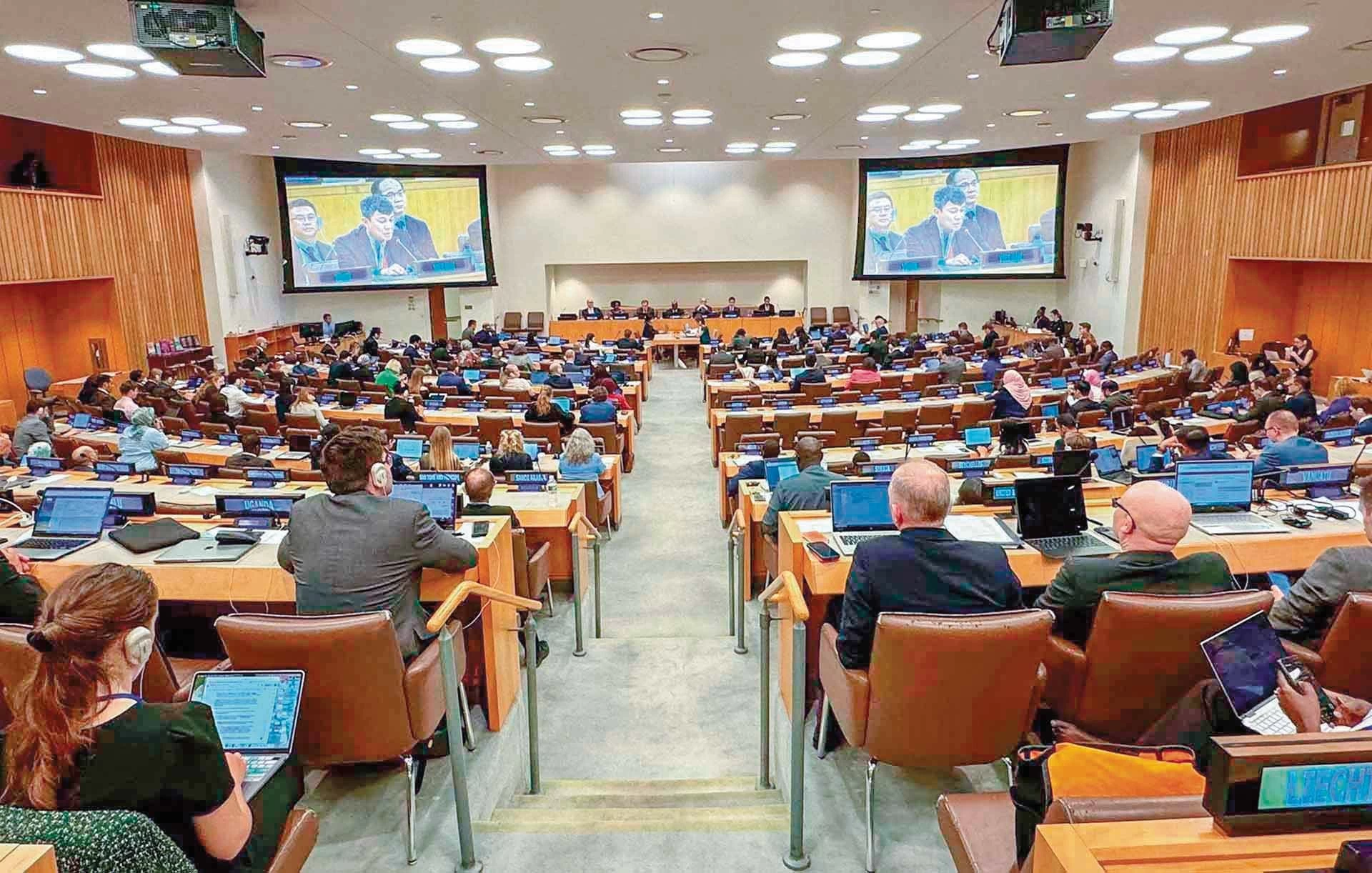 |
| Permanent Deputy Minister of Foreign Affairs Nguyen Minh Vu speaks at the 34th Conference of States Parties to the United Nations Convention on the Law of the Sea (SPLOS) at the United Nations headquarters in New York from June 10-14. (Source: Vietnam Mission to the United Nations) |
All international agreements are at risk of becoming obsolete, and UNCLOS is no exception. How can we avoid falling asleep and keep up with the changes in reality? These concerns were partly analyzed by Vietnamese and international diplomats, experts, and scholars within the framework of the 16th International Conference on the East Sea, hosted by the Diplomatic Academy (Ministry of Foreign Affairs) in Quang Ninh recently.
The “Constitution” of the Ocean
Judge Horinouchi Hidehisa, International Tribunal for the Law of the Sea (ITLOS) affirmed that the United Nations Convention on the Law of the Sea (UNCLOS) can be considered the “constitution” of the ocean, including provisions related to activities on the sea and ocean. This international convention provides a comprehensive understanding of maritime-related concepts, indicates the rights and obligations of countries with respect to seas and oceans, and has provisions on sustainable conservation of fish stocks… In addition, UNCLOS emphasizes factors related to the Law of the Sea such as jurisdiction, ships operating at sea…
It can be said that UNCLOS is a general law that regulates activities at sea and in the ocean. During the initial negotiation process in 1973, UNCLOS had provisions that were too idealistic and unrealistic, so when UNCLOS came into effect in 1994, it was also a time when UNCLOS amended a number of provisions in the treaty.
Continuing to emphasize the role of UNCLOS as an oceanic “constitution”, Mr. Niclas Kvarnström, Director General for Asia-Pacific, European Union External Action Service (EEAS), affirmed that UNCLOS plays a key role in regulating maritime activities between countries in accordance with international law, agreed and approved by many countries. UNCLOS can be considered the key to maritime issues, the “compass” for countries in maritime areas, including the East Sea.
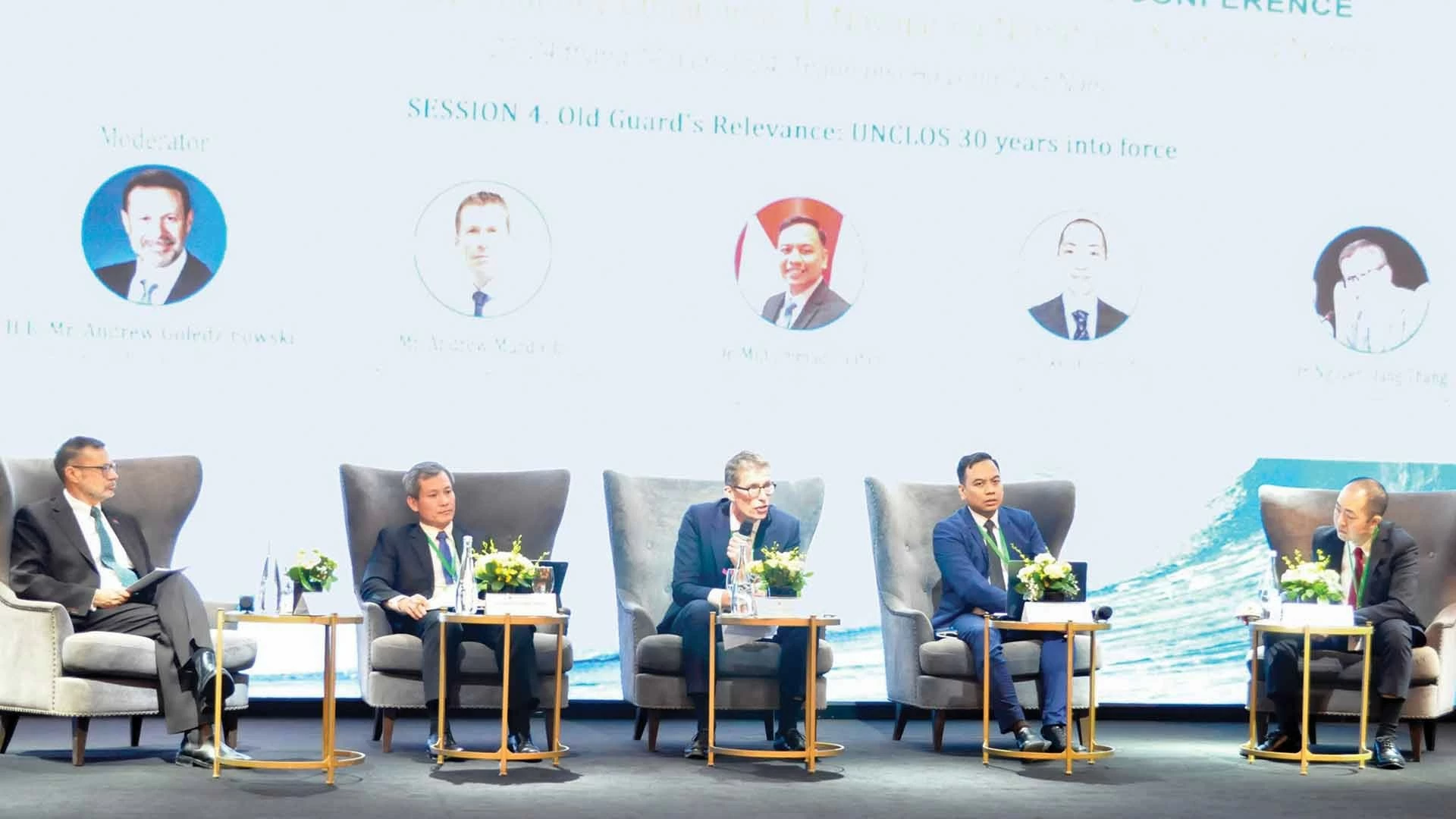 |
| Domestic and international diplomats, experts and scholars discuss the value of UNCLOS 1982. (Photo: PH) |
Dr. Nguyen Dang Thang, Arbitrator of the Permanent Court of Arbitration (PCA), Arbitrator of the Annex VII Arbitral Tribunal, UNCLOS, said that all agreements are at risk of becoming obsolete and UNCLOS is no exception. However, to date, UNCLOS is still very valuable, a “living mechanism”. According to him, the implementing agreements and mechanisms based on the spirit of UNCLOS will contribute to improving and overcoming the obsolescence of UNCLOS.
Australian Ambassador Andrew Goledzinowski shares the same concern. Although after 30 years, UNCLOS is still very relevant and continues to be a pillar of the legal system governing the oceans and seas. However, the issue here is how to implement UNCLOS more effectively in the context of new challenges posed by technology that need to be managed, such as the issue of submarine cables...
“If a country chooses to ignore the rules, that is a real problem. But that doesn’t mean the rules are wrong. Challenges that arise can still be resolved within the framework of UNCLOS,” said Australian Ambassador Andrew Goledzinowski.
Despite many changes, it is still… timely
Within the framework of this international conference, diplomats, experts and scholars also presented many approaches to solutions surrounding the story of how UNCLOS can promptly respond to the development of current practices of sea use and management.
Why is it difficult to amend the Convention? According to Dr. Pham Lan Dung, Acting Director of the Diplomatic Academy and President of the Asian Society of International Law (AsianSIL), amending the Convention requires all UNCLOS member states to participate in negotiations, sign and ratify it for it to come into effect. Therefore, this process is relatively complicated.
The solution is to add annexes to the Convention, which will help develop and expand the Convention. Negotiating such annexes may not necessarily require all member states to participate, the annexes are only binding on UNCLOS member states to negotiate and sign this annex.
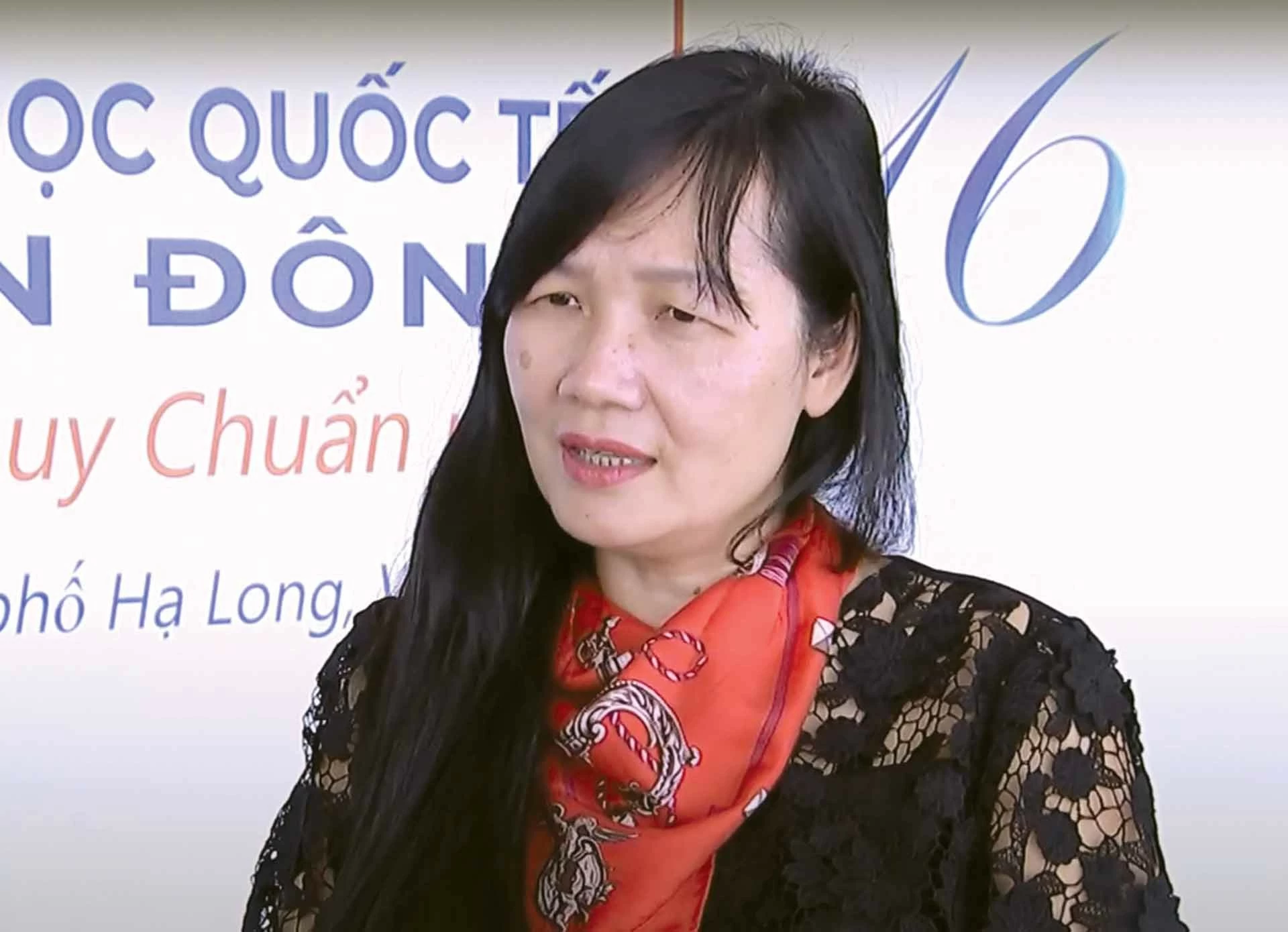 |
| Dr. Pham Lan Dung, Acting Director of the Diplomatic Academy, President of the Asian Society of International Law. |
Dr. Pham Lan Dung emphasized that UNCLOS is an international treaty that can be developed, expanded and adjusted to meet new requirements in practice. The Convention has very detailed provisions related to the adjustment of maritime disputes between countries, clearly mentioning the provisions prohibiting the use of force or the threat of using force, as well as the approach to “gray zone” operations in undelimited, overlapping or disputed areas.
In addition, a reasonable solution, according to Dr. Pham Lan Dung, is that countries can consider negotiating and signing other appropriate international conventions or treaties. Specifically, countries can agree to negotiate with each other and include relevant international treaties, linked to the Convention, within the framework of UNCLOS. Evidence of such efforts is the signing of the Agreement on Biodiversity Conservation Beyond National Jurisdiction (BBNJ), one of the recent important developments in the field of oceans and maritime law, which goes into detail about regulating a specific subject.
Regarding the BBNJ Agreement, Associate Professor Dr. Takei Yoshinobu, Keio University (Japan) said that if one looks closely at UNCLOS, one cannot find any phrase about biodiversity. Obviously, the flexibility in making the agreement has helped the parties to UNCLOS cope with new challenges.
Australian Ambassador Andrew Goledzinowski added to the significance of the Agreement: “The adoption of the BBNJ Agreement demonstrates that the international community has the ability to complement rather than undermine UNCLOS. That is an important distinction.”
Approaching the solution within the UNCLOS framework itself, Dr. Muhammad Taufan, Deputy Director General, Department of Legal Affairs and Territorial Treaties, Ministry of Foreign Affairs of Indonesia, said that the key to effective implementation of UNCLOS is cooperation at the national, bilateral and multilateral levels.
The Indonesian diplomat cited the example of the country issuing many decrees, internalizing laws based on UNCLOS or maritime delimitation agreements with Vietnam and Malaysia as proof of the "sweet fruits" of compliance and cooperation within the framework of UNCLOS.
Unwavering commitment
After 30 years of participating in UNCLOS, according to Dr. Pham Lan Dung, Vietnam has become an active member, complying with the provisions of the Convention such as passing the Vietnam Law of the Sea, thereby demonstrating Vietnam's determination to comply with the Convention. In addition, Vietnam participates in forums and activities of many member countries of the Convention. In particular, recently, Vietnam has proposed the idea of establishing a Friends Group on UNCLOS.
The Friends of UNCLOS Group is the first group that Vietnam initiated and co-chaired the campaign to establish (with Germany) in 2020. The Founding Group includes 12 countries: Argentina, Canada, Denmark, Germany, Jamaica, Kenya, the Netherlands, New Zealand, Oman, Senegal, South Africa and Vietnam. To date, the Friends of UNCLOS Group has more than 120 countries, representing all geographical regions.
According to Dr. Pham Lan Dung, this is a proactive and creative effort by Vietnam, helping to gather the voices and widespread support of countries with the same approach, compliance and goodwill interpretation of the Convention.
In addition, Vietnam has recently announced the nomination of Associate Professor, Dr. Nguyen Thi Lan Anh, Director of the East Sea Institute, Diplomatic Academy, as Vietnam's candidate for the position of Judge of the International Tribunal for the Law of the Sea (ITLOS) for the 2026-2035 term. This demonstrates Vietnam's greater initiative as a member state, not only in complying with and promoting compliance by other countries, but also in setting higher goals of participating in international judicial bodies within the framework of the Convention.
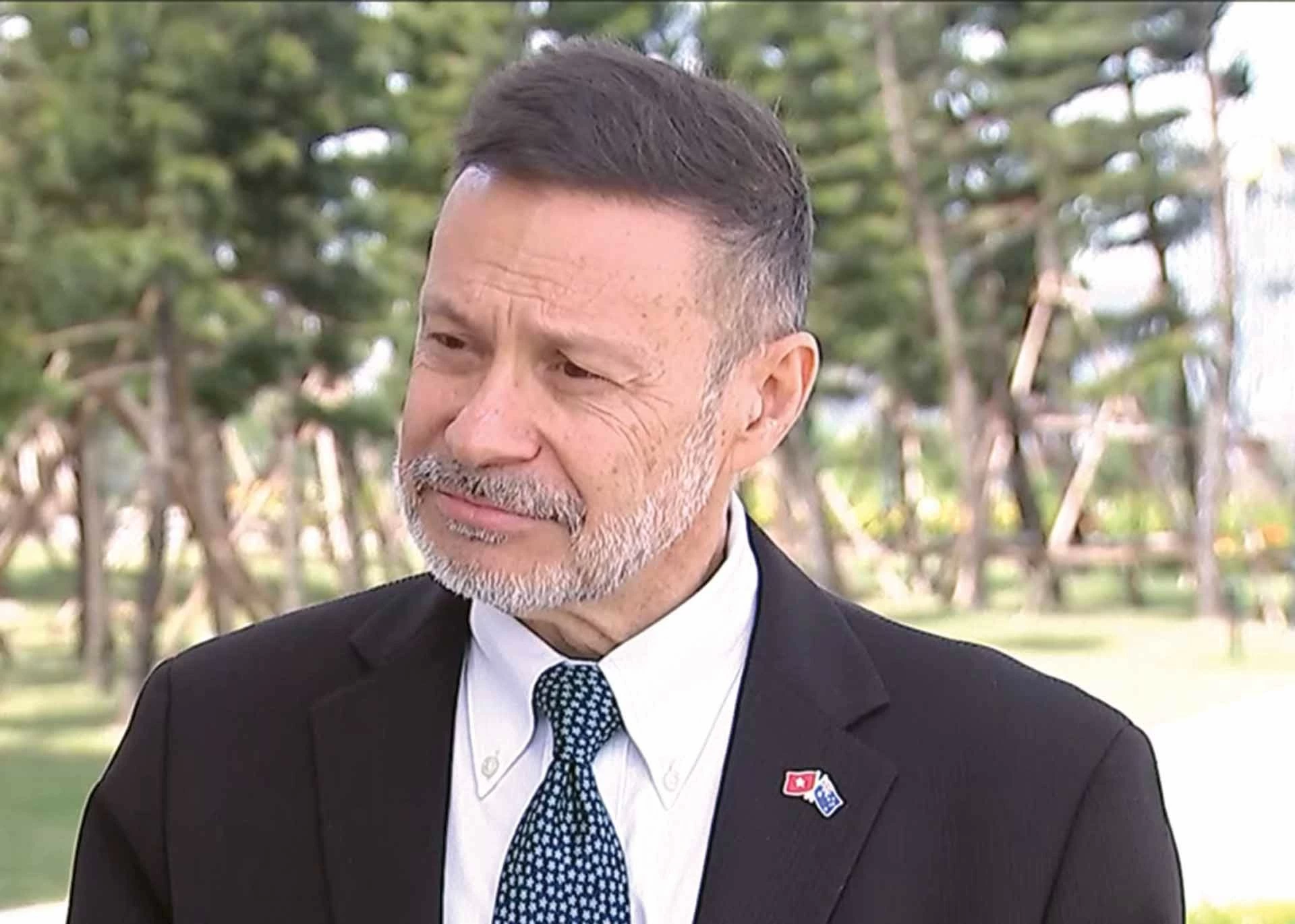 |
| Australian Ambassador Andrew Goledzinowski. |
Ambassador Andrew Goledzinowski highly appreciated Vietnam's efforts as an active member of UNCLOS. "Vietnam is a maritime nation that always supports international law, and Vietnam's role in promoting the implementation of UNCLOS is very important," the Australian diplomat emphasized.
According to the Ambassador, Vietnam's annual organization of the East Sea International Conference, which brings together many international scholars and experts, shows that Vietnam not only complies with the rules of UNCLOS but also aims to become one of the countries that contribute to promoting standards in this field. Vietnam's candidate for the position of ITLOS Judge is excellent, this is a very positive and welcome move. All efforts show that Vietnam is performing its role very well.
“Just as sailors need a guiding star to find their way, we need established rules and principles to anchor our policies and actions,” said Deputy Foreign Minister Do Hung Viet, concluding the timeless values of UNCLOS. Those values will contribute to nurturing the aspirations for peace, cooperation and development of the present and the future.
| Deputy Foreign Minister Do Hung Viet said at the 16th South China Sea International Conference: “Adherence to widely recognized rules and norms is the foundation of global peace and stability, as it provides a common framework for countries to resolve disputes peacefully and cooperatively. In this regard, I do not see any norms and principles more suitable for the South China Sea than those enshrined in the United Nations Charter and the United Nations Convention on the Law of the Sea (UNCLOS).” |
Source: https://baoquocte.vn/30-nam-unclos-co-che-song-ben-vung-vuot-thoi-gian-292026.html


![[Photo] Prime Minister Pham Minh Chinh commends forces supporting Myanmar in overcoming earthquake consequences](https://vstatic.vietnam.vn/vietnam/resource/IMAGE/2025/4/10/e844656d18bd433f913182fbc2f35ec2)

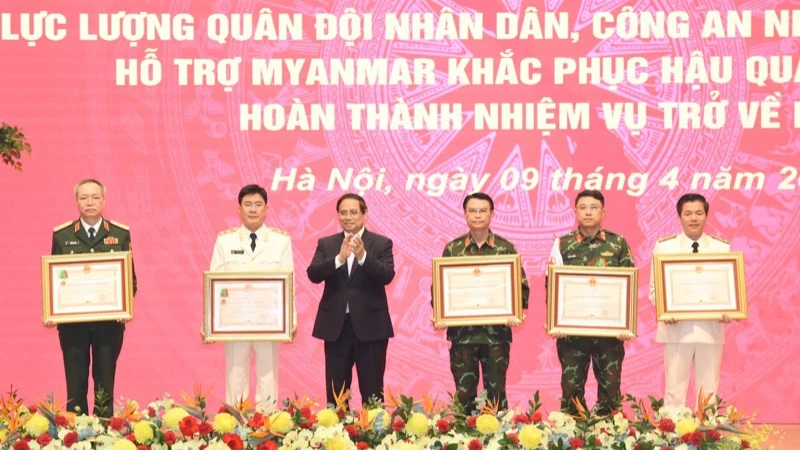

![[Photo] Opening of the 11th Conference of the 13th Party Central Committee](https://vstatic.vietnam.vn/vietnam/resource/IMAGE/2025/4/10/f9e717b67de343d7b687cb419c0829a2)
![[Photo] April Festival in Can Tho City](https://vstatic.vietnam.vn/vietnam/resource/IMAGE/2025/4/10/bf5ae82870e648fabfbcc93a25b481ea)









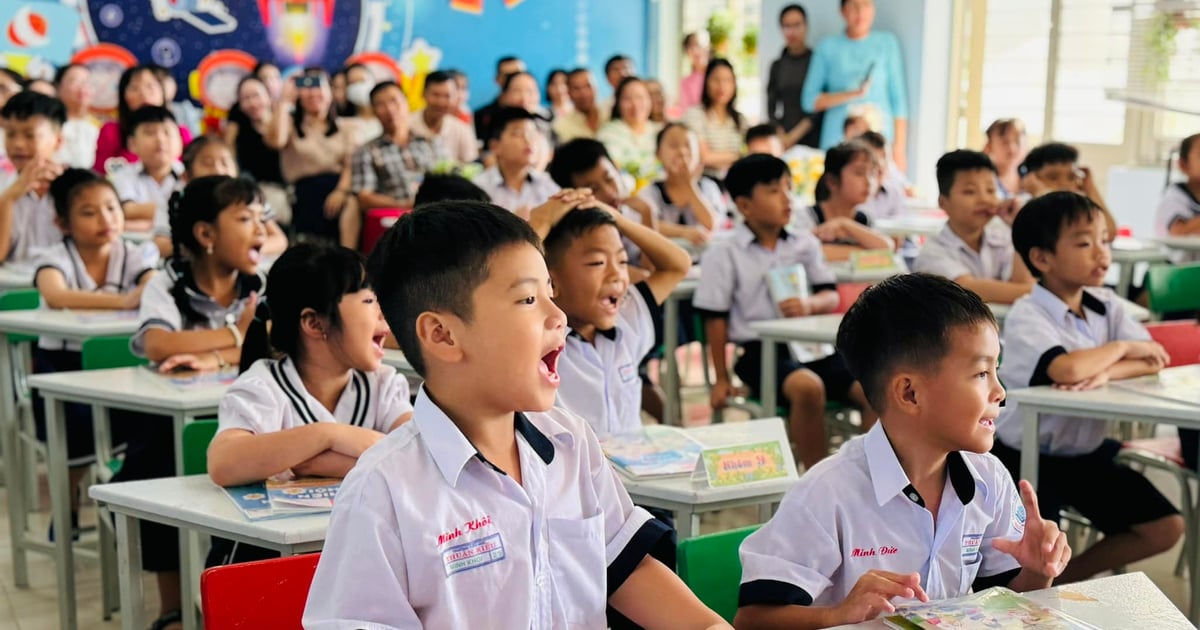
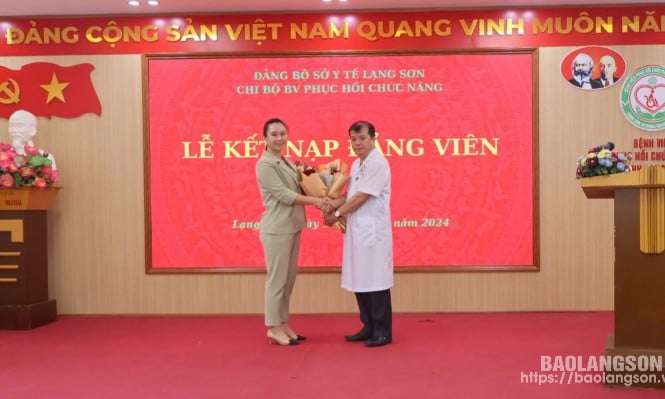
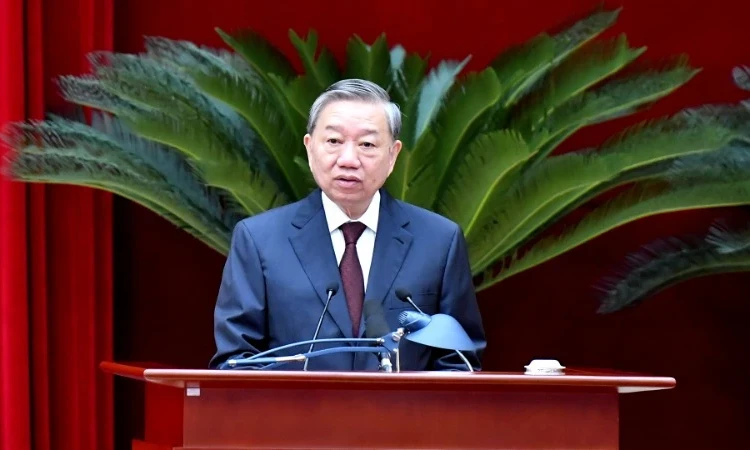
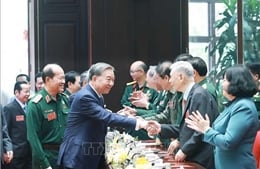
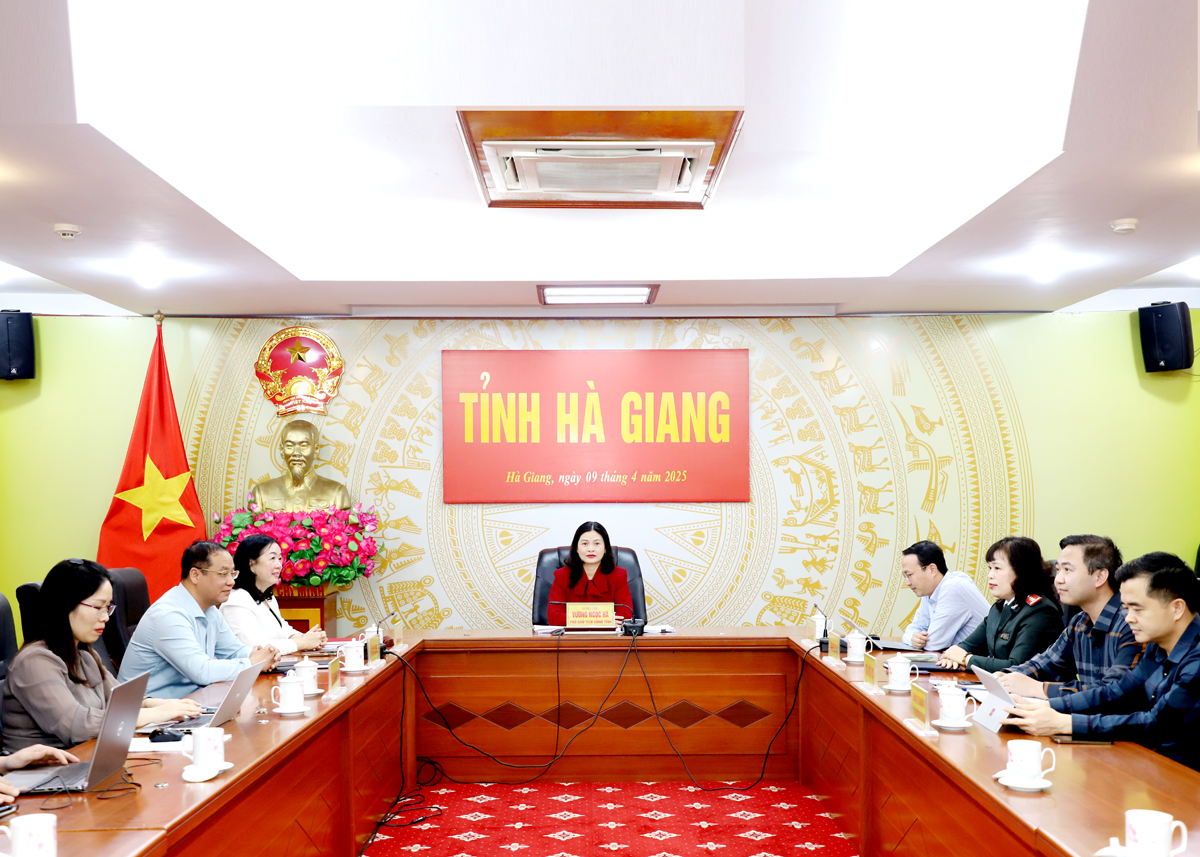

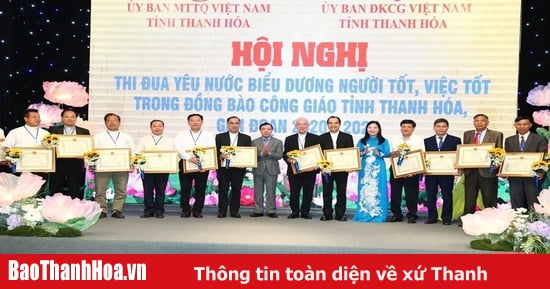



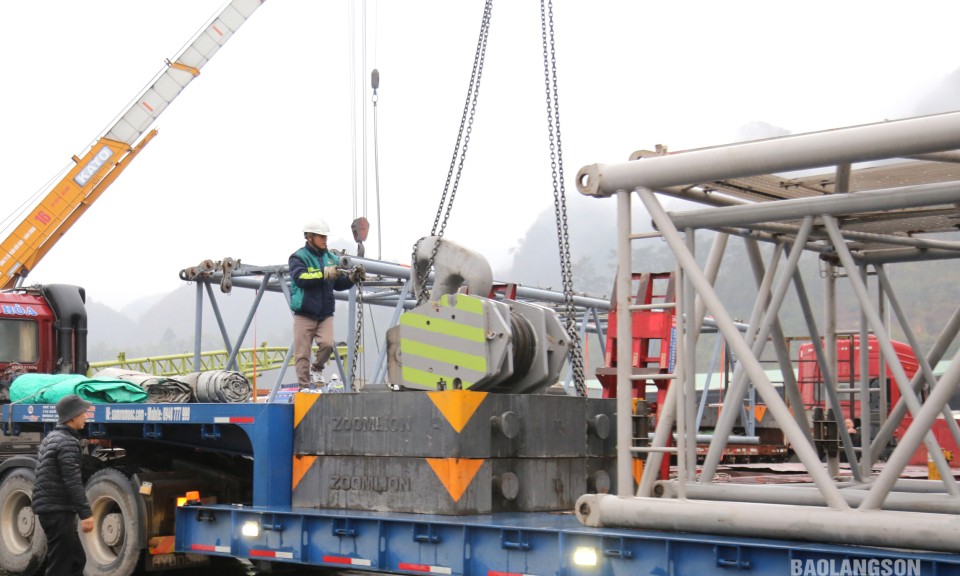

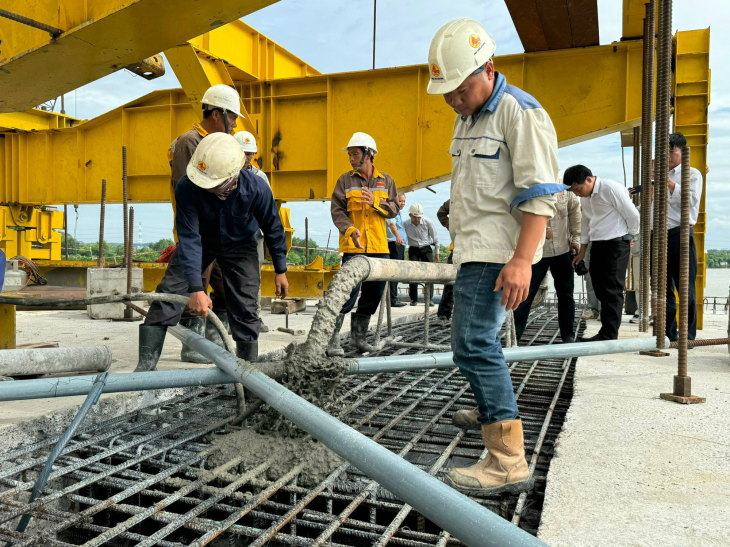
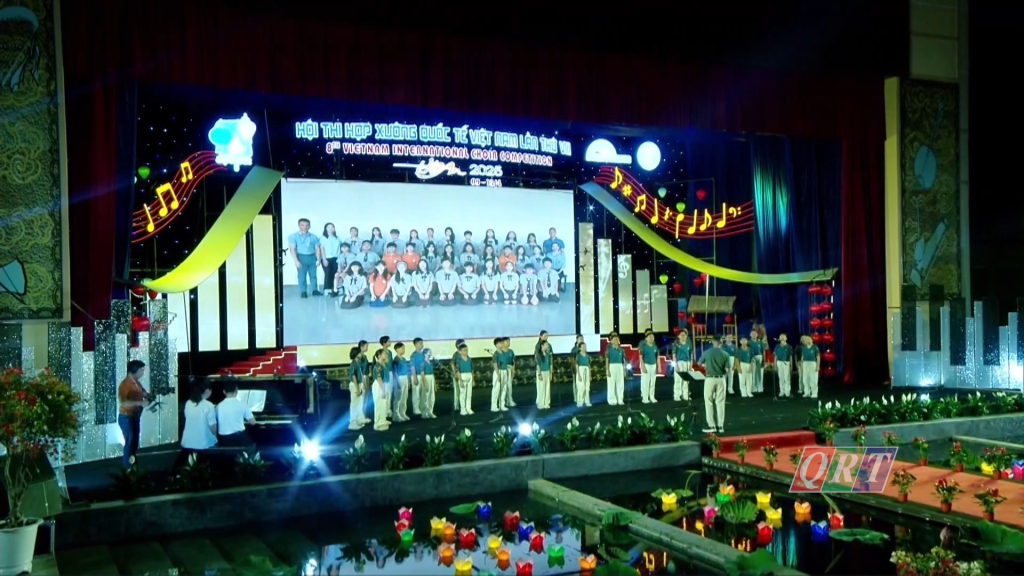
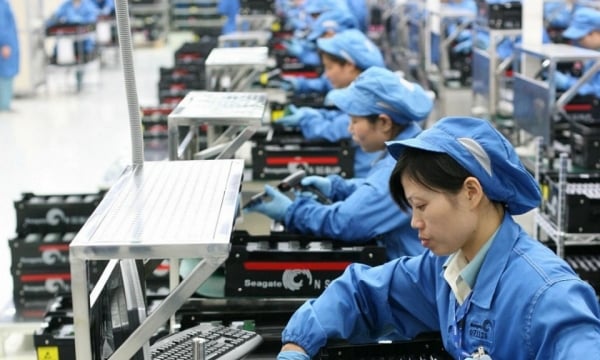
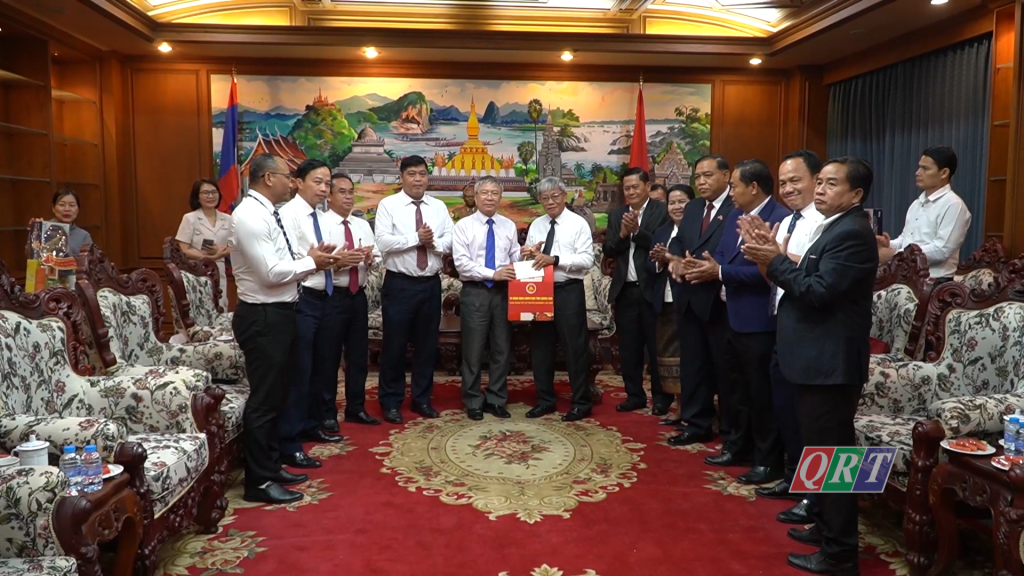
![[Photo] Reliving the heroic memories of the nation in the program "Hanoi - Will and belief in victory"](https://vstatic.vietnam.vn/vietnam/resource/IMAGE/2025/4/10/19ce7bfadf0a4a9d8e892f36f288e221)




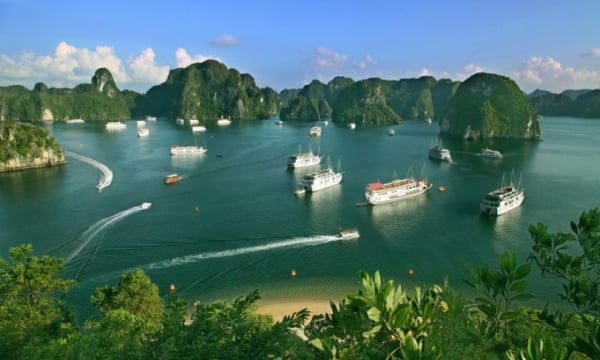








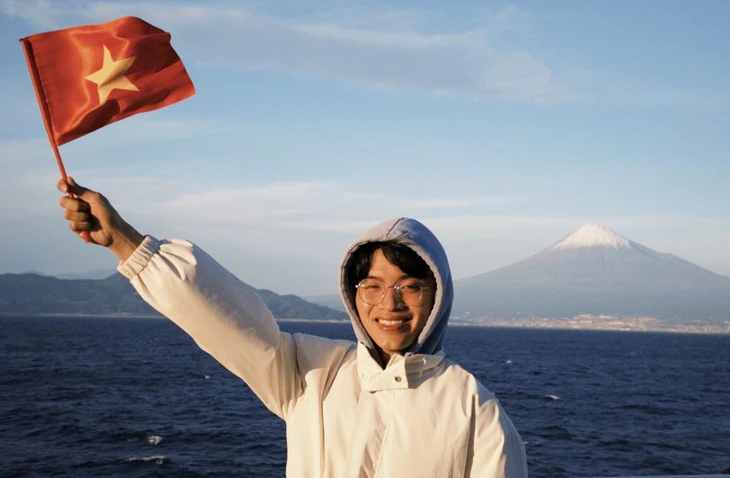



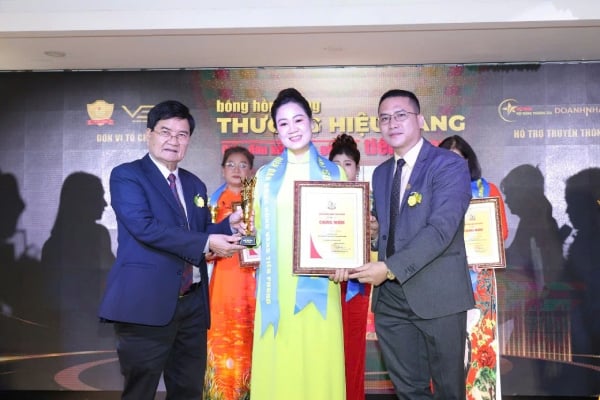


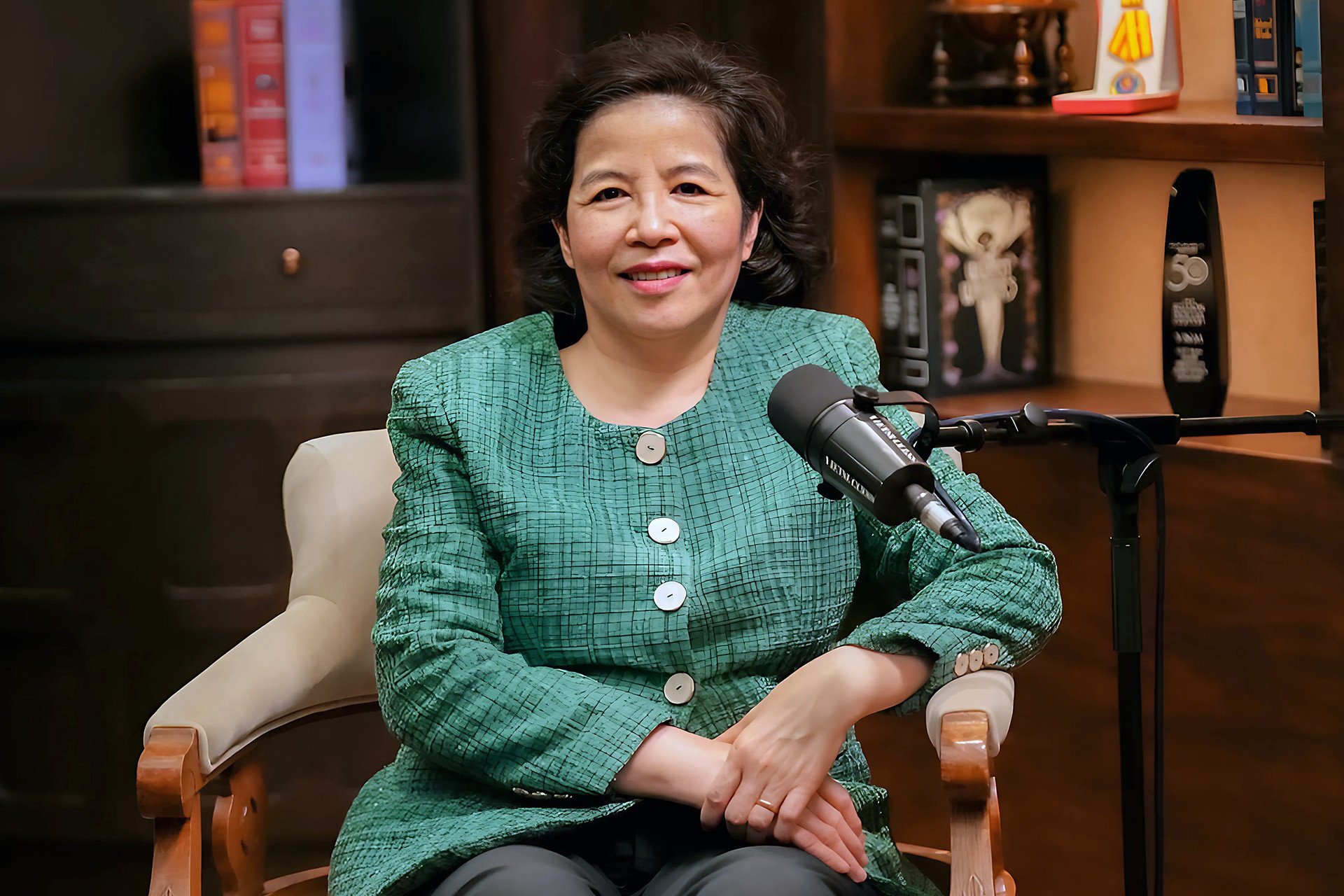
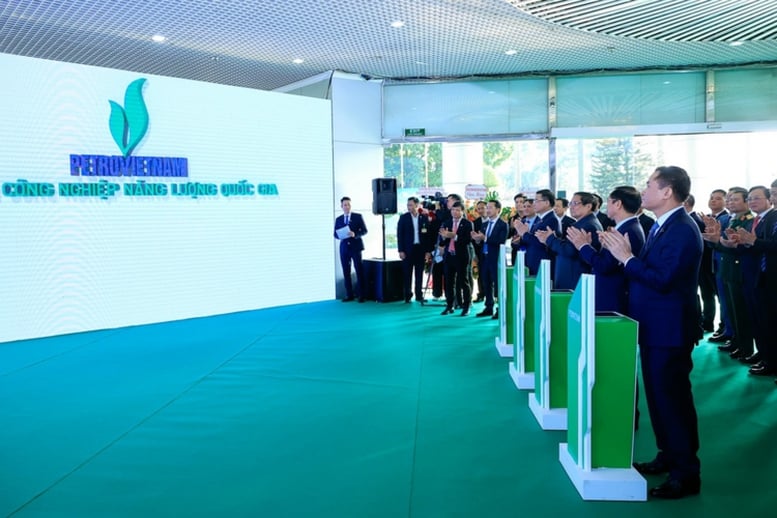

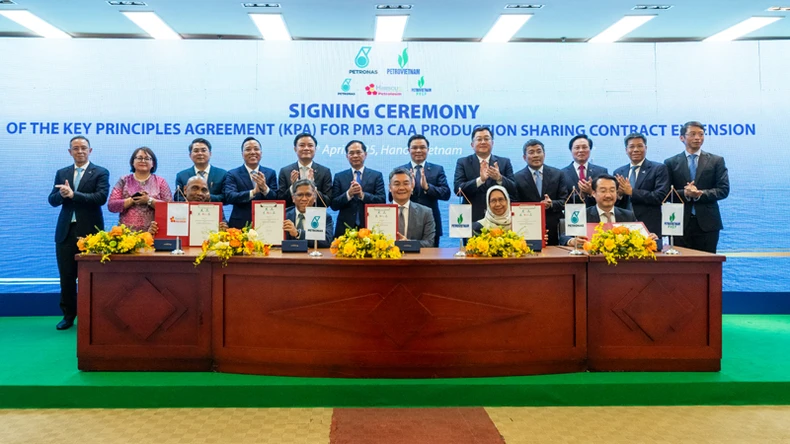

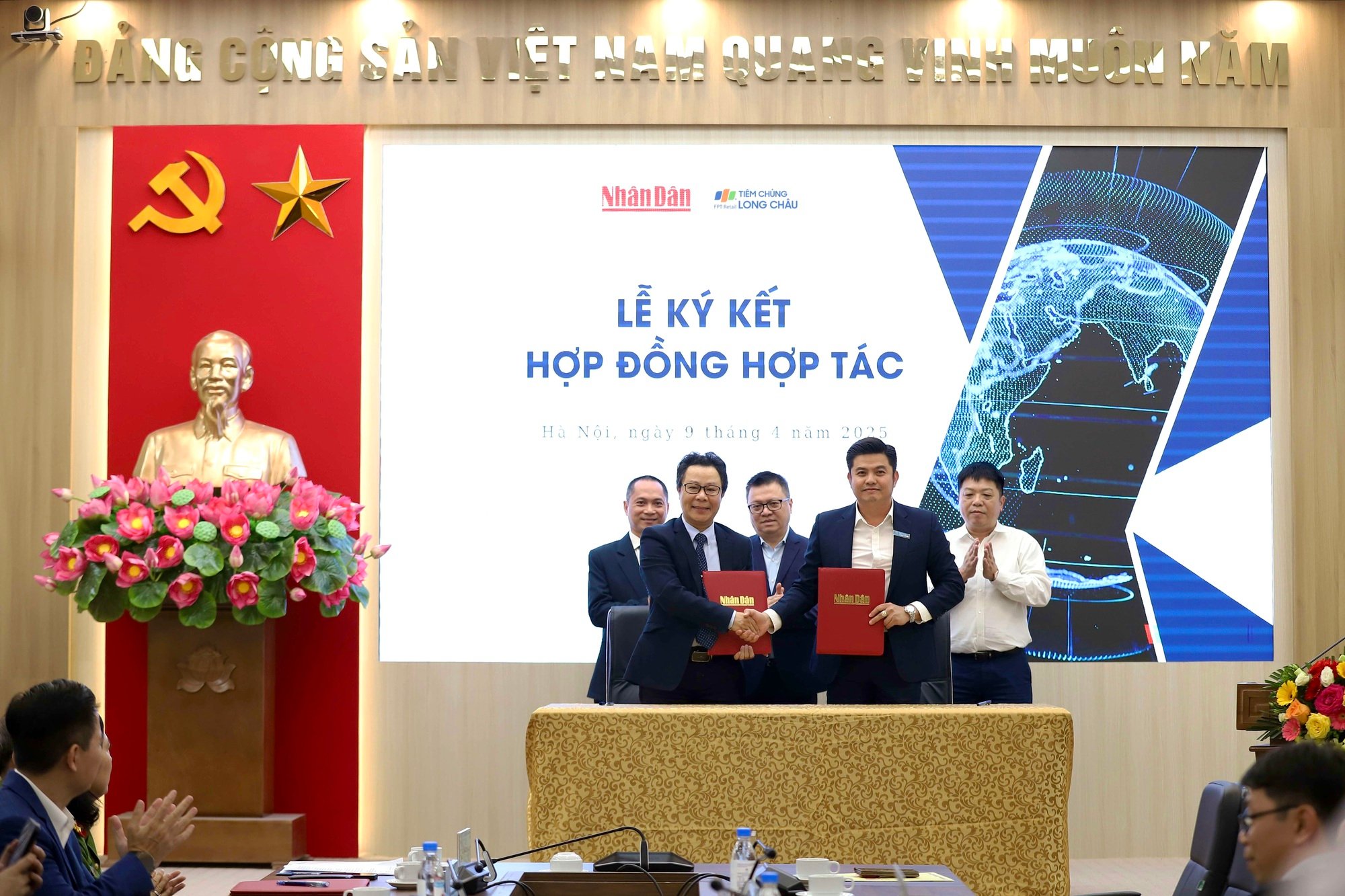
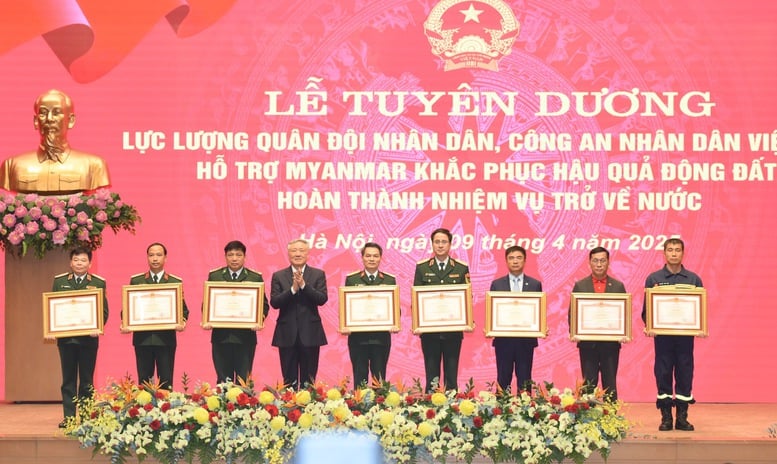
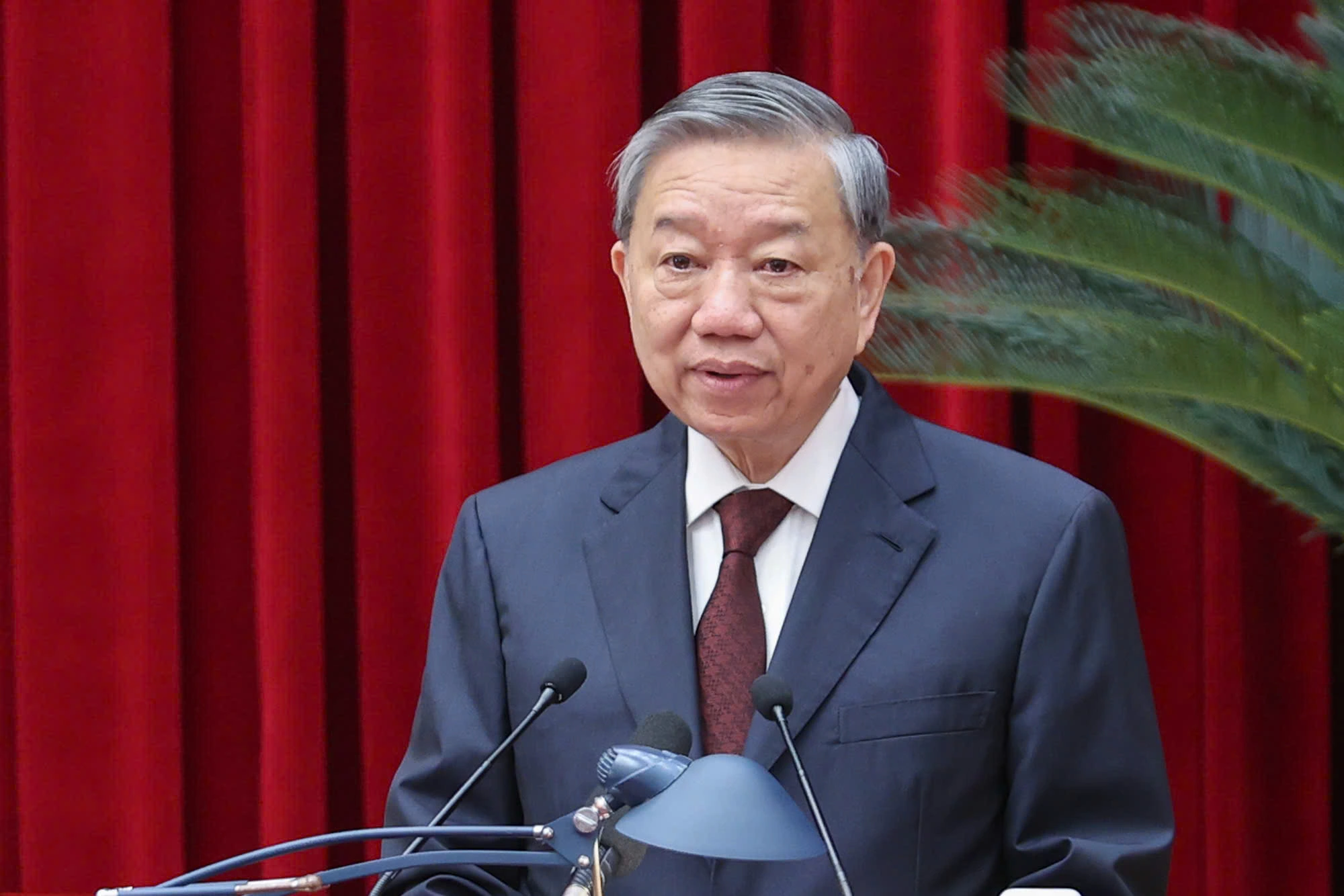
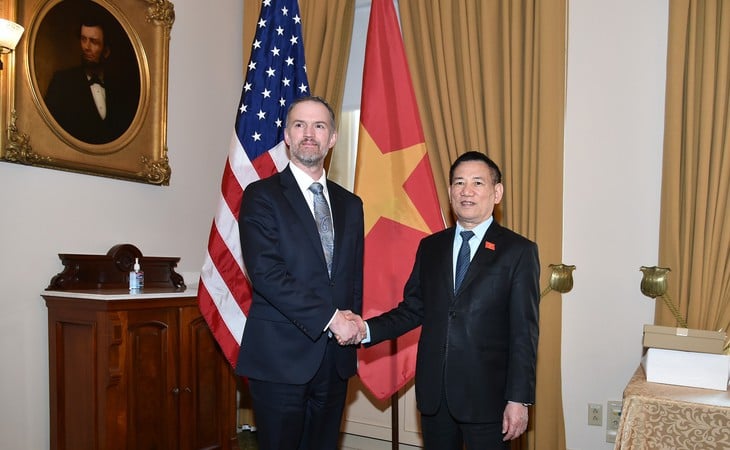
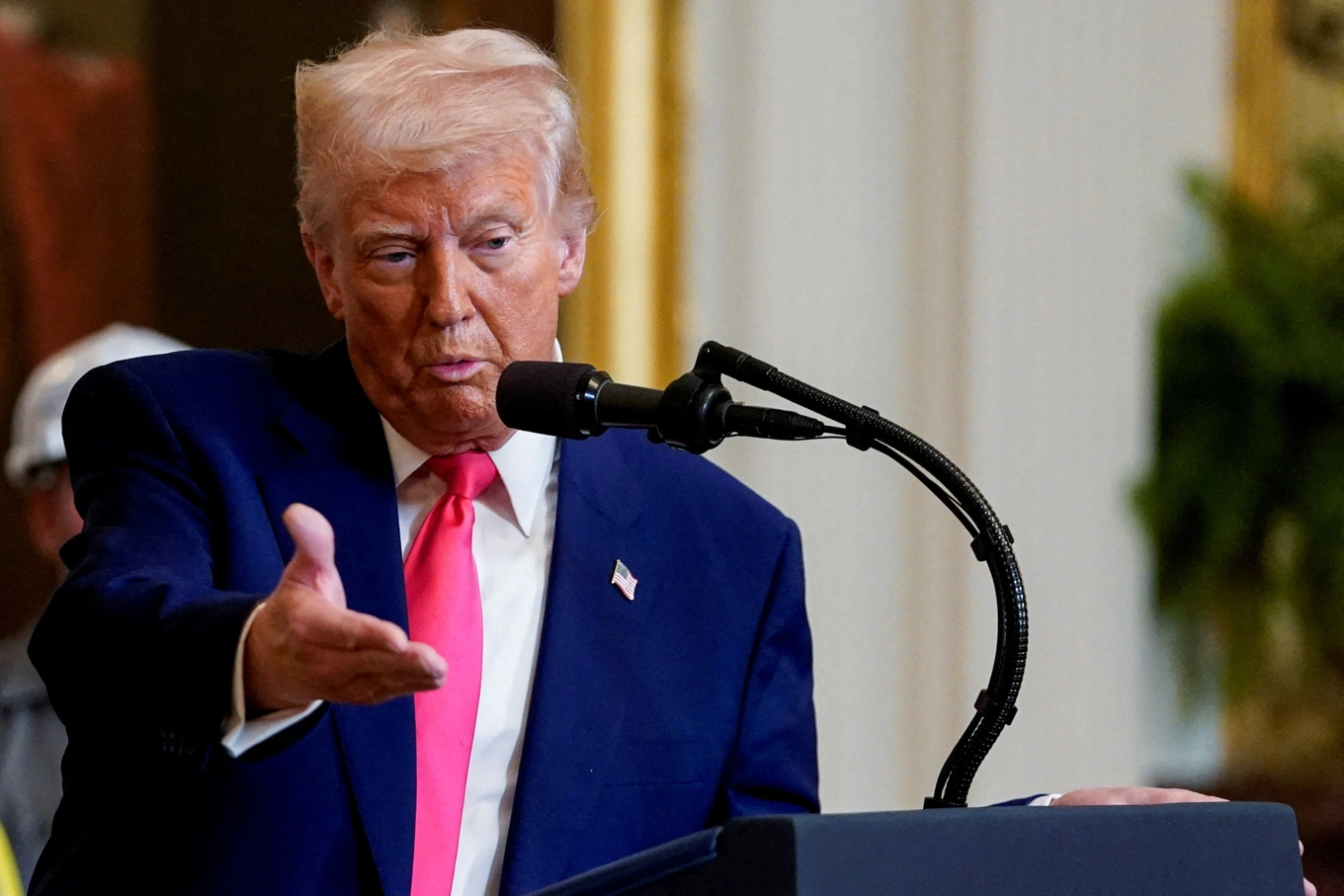

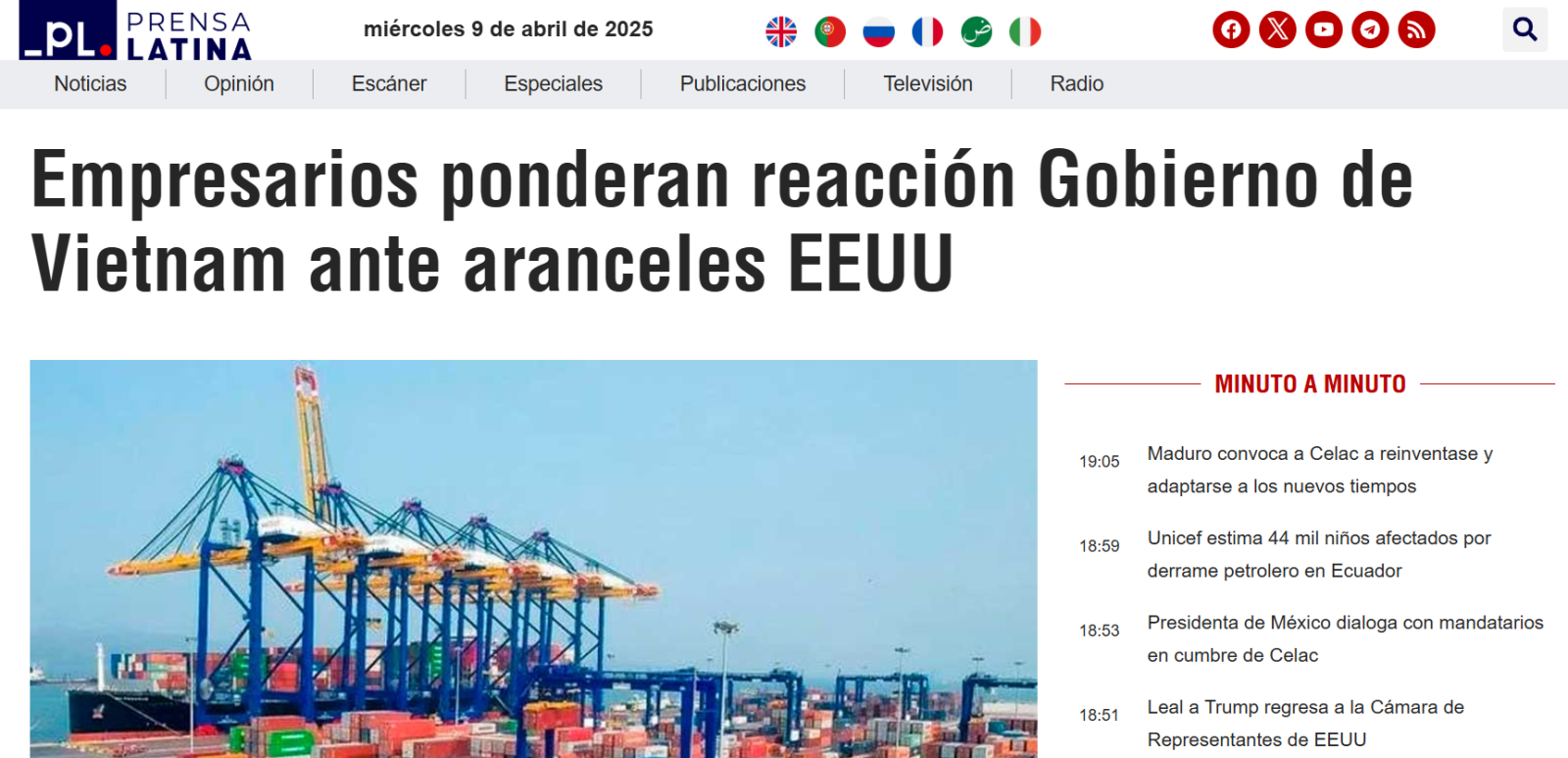



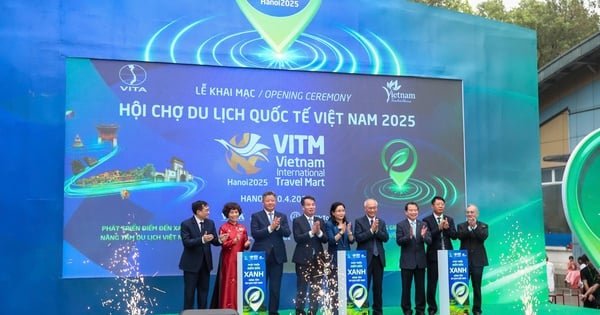
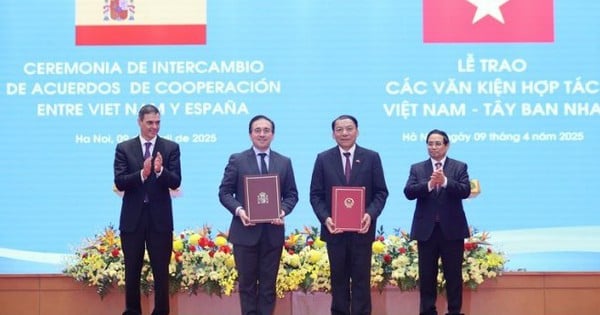

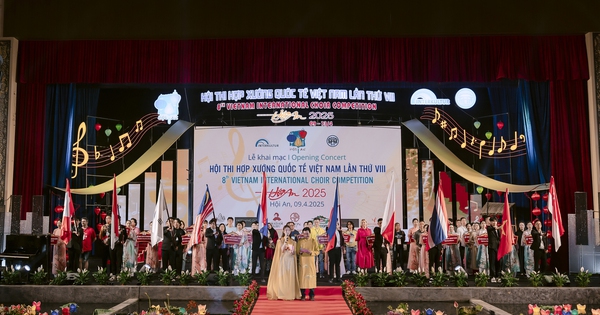
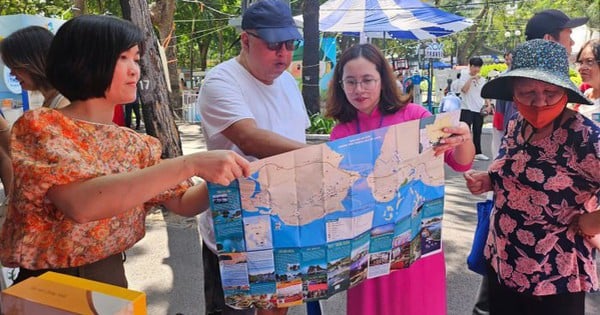


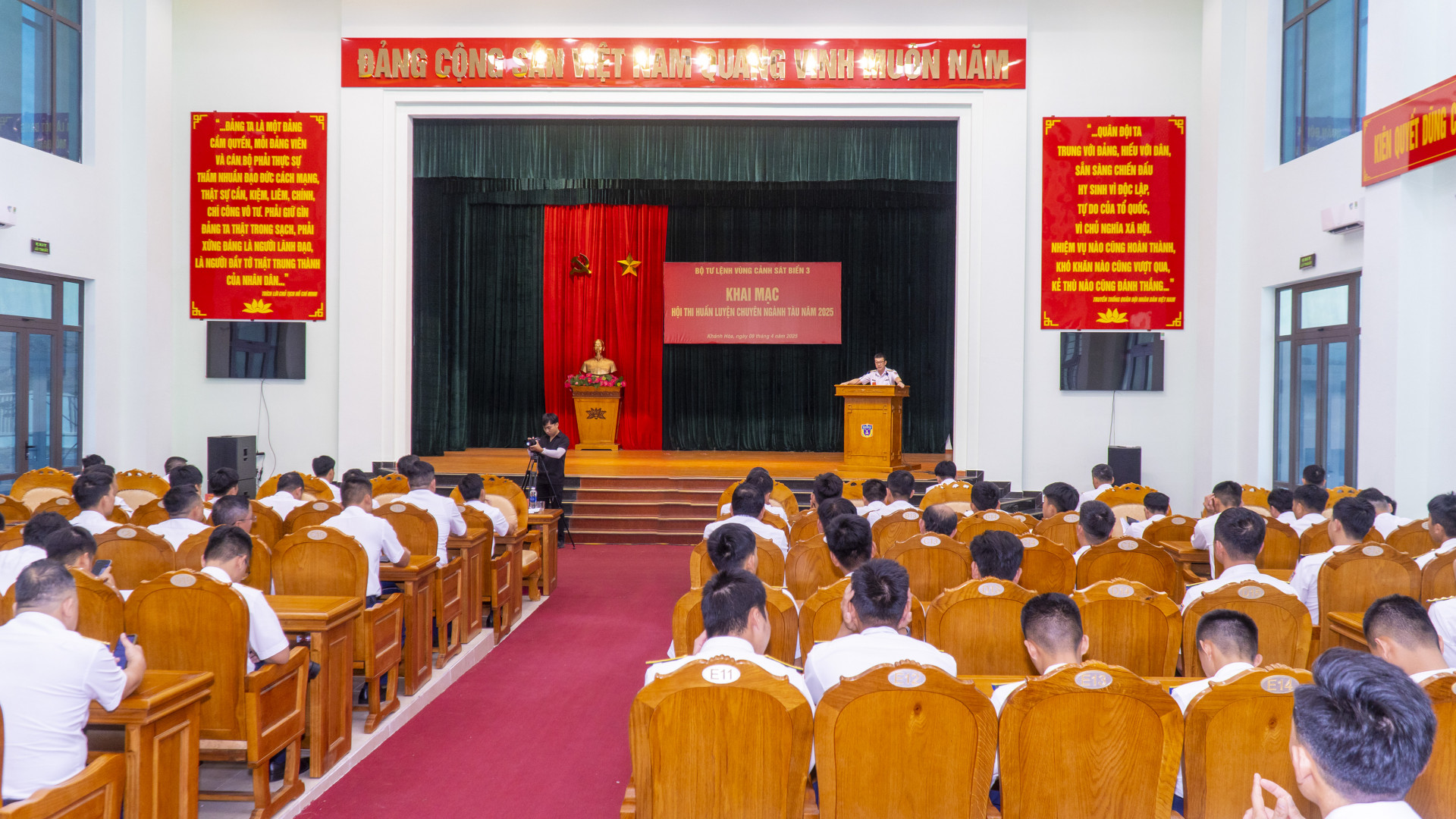

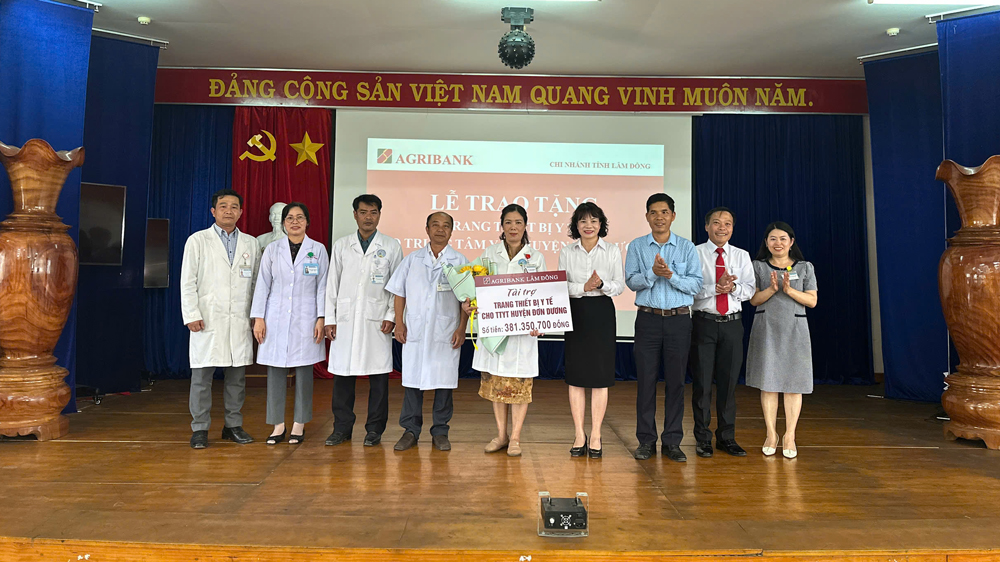

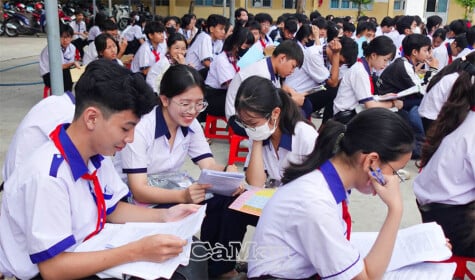






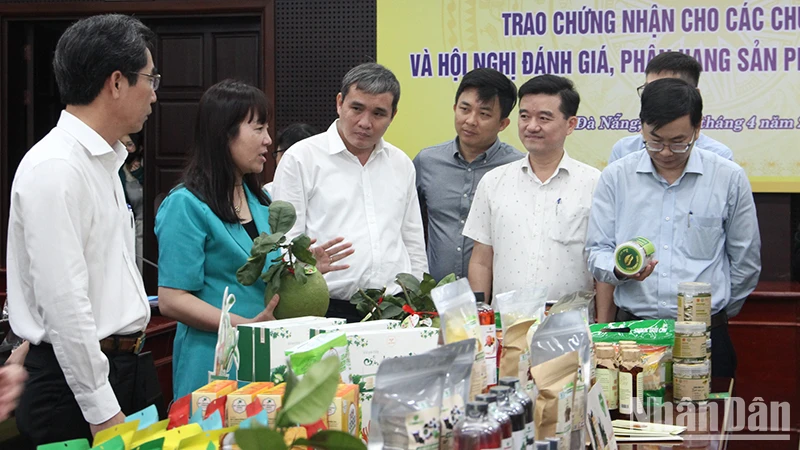

Comment (0)